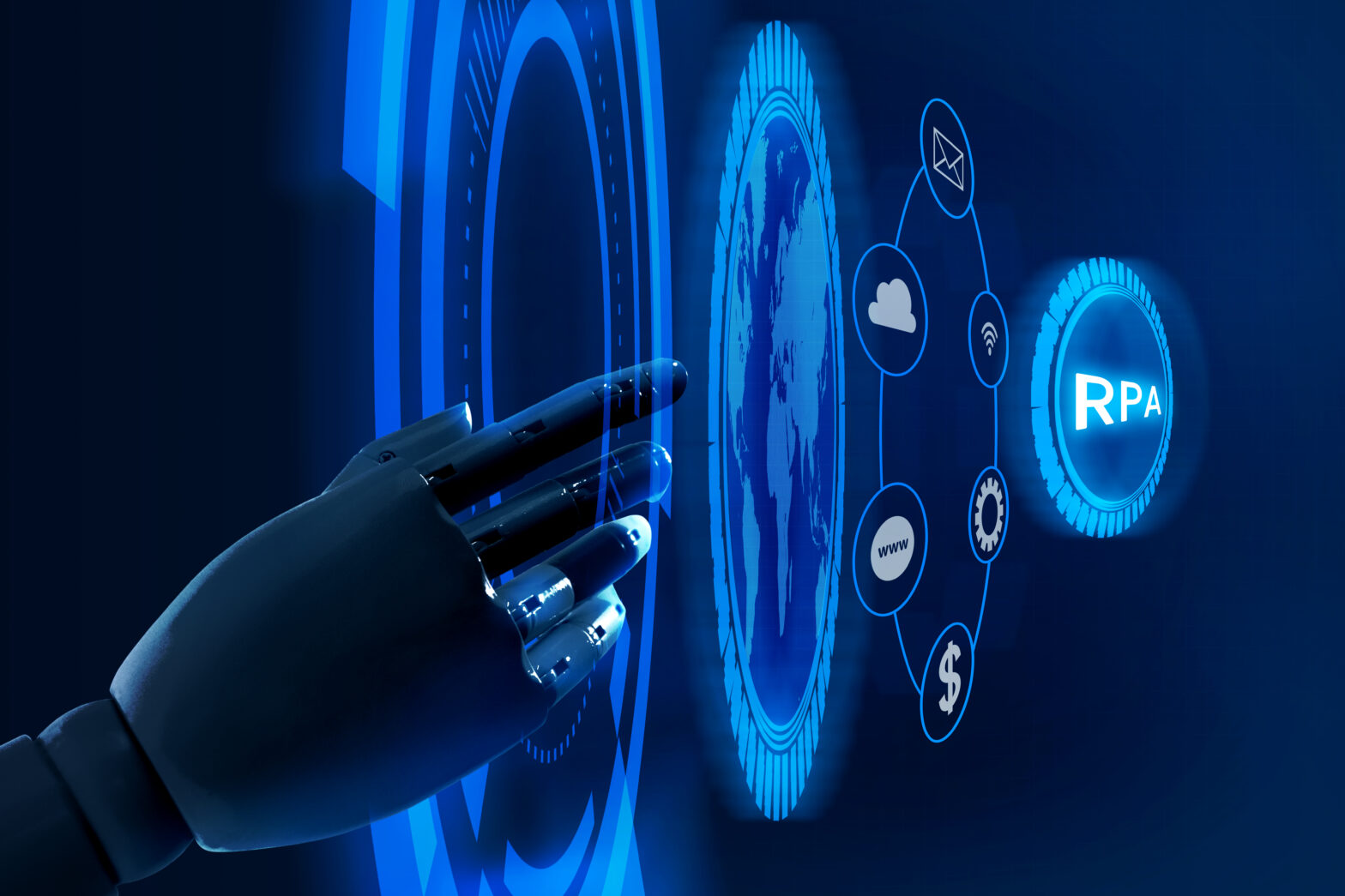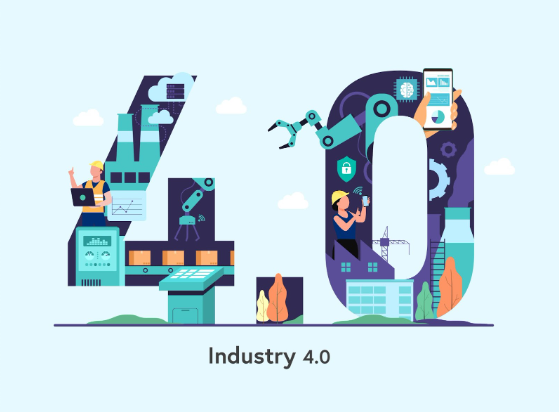The COVID-19 pandemic has negatively impacted the Spanish economy, especially affecting SMEs with lower levels of digitalization. The Plan to Boost the Digitalization of SMEs and EU funds provide opportunities to accelerate digital transformation. Data science is crucial, using data to make dynamic decisions and gain insights. The data science process involves defining the problem, preparing and studying the data, creating and validating models, and visualizing results. A skilled team and a systematic approach are necessary to fully leverage data and make informed decisions.
The ABC of a Data Science Process











